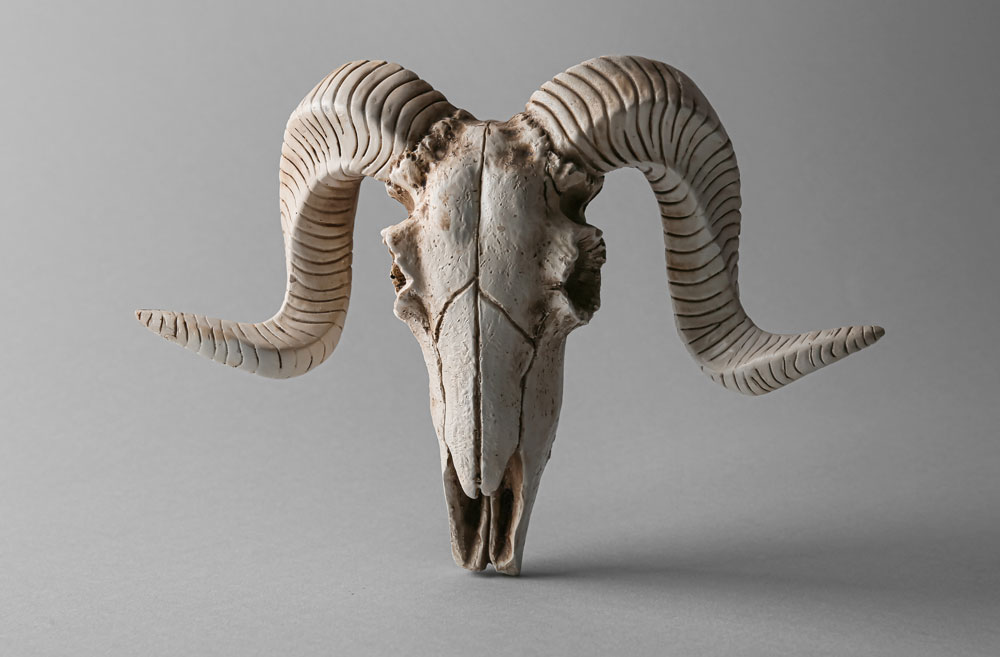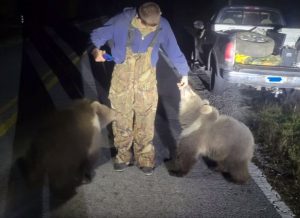Standing upwards of four feet at the shoulder and carrying around horns that measure over five feet wide, the Marco Polo argali of the Pamir region of Central Asia are a specimen to behold. Weighing upwards of 300 pounds, these sheep are the largest in the world and now find themselves at the center of a massive wildlife scandal.
While the Pamir region might sound like a long way from Montana, one rancher set out on an outlandish adventure to close the gap. Looking to commercialize these sheep, or something very similar to it, 80-year-old Arthur “Jack” Schubarth set out to create his own supersheep to be hunted and sold via his 215 acre ranch.
Located just outside of Vaughan, Montana, Schubarth Ranch exists to engage in the purchase, breeding and sale of “alternative livestock,” which includes species such as mountain goats and mountain sheep. With his eyes set on the Marco Polo argali, Schubarth and at least five others conspired to design and create a larger hybrid species of sheep that would fetch big dollars from hunters and game ranches across the country.
Schubarth put the wheels in motion and in 2013 when the group acquired “parts” of the Marco Polo sheep from Kyrgyzstan without declaring the daring importation. Once the biological samples arrived in the US, Schubarth involved a lab to aid in creating embryo clones from the recently acquired genetic material. The group then worked to have these new embryos implanted in ewes of another sheep species on his ranch that then produced a pure male Marco Polo argali of his own.
Schubarth proudly crowned his new creation the “Montana Mountain King”, or MMK for short.
Now, with his own breeder, he and his co-conspirators used the semen from their newly crowned King to spread the seed, artificially inseminating a group of illegal ewes.
“This was an audacious scheme to create massive hybrid sheep species to be sold and hunted as trophies,” said Assistant Attorney General Todd Kim of the Justice Department’s Environment and Natural Resources Division (ENRD). “In pursuit of this scheme, Schubarth violated international law and the Lacey Act, both of which protect the viability and health of native populations of animals.
According to court documents, Schubarth and associates used forged vet inspection certificates to circumvent the legal aspects of their fledgling enterprise. Selling the MMK semen to breeders in other states proved to be quite fruitful. The documents revealed that sheep containing 25-percent Montana Mountain King genetics fetched as much as $15,000 per head. A son of MMK, dubbed Montana Black Magic, helped produce sheep worth around $10,000 each.
It wasn’t only the Marco Polo sheep that piqued the interest of Schubarth. Documents also revealed he dealt illegally in the trade of wild Rocky Mountain bighorn parts, yet another instance of Lacey Act violations.
The 80-year-old pled guilty this week to two trafficking felonies under the Lacey Act and is facing up to five years in prison. In addition to that, he’s facing three years of supervised release and $250,000 in restitution for his crimes.
“The kind of crime we uncovered here could threaten the integrity of our wildlife species in Montana,” said Ron Howell, Chief of Enforcement for Montana Fish, Wildlife & Parks. “This was a complex case and the partnership between us and the U.S Fish and Wildlife Service was critical in solving it.”




